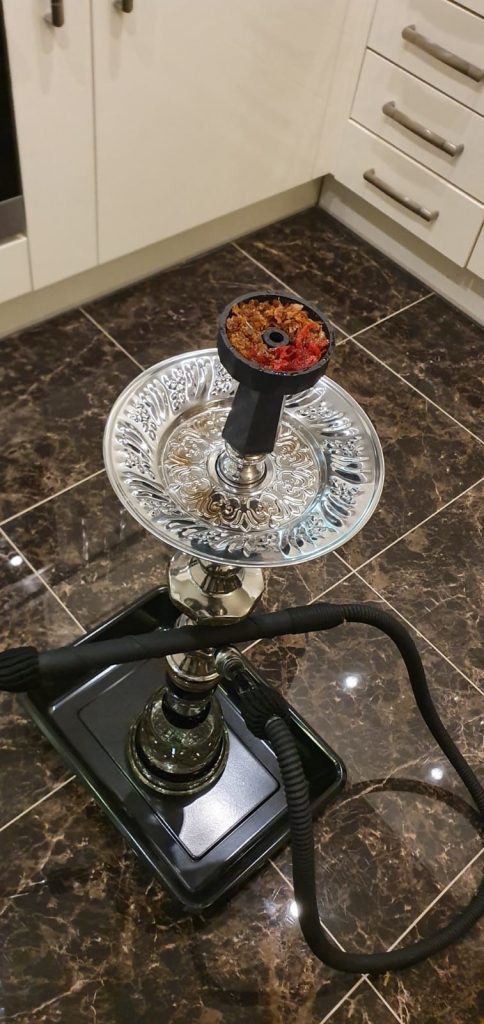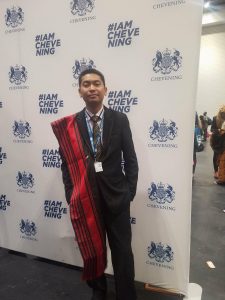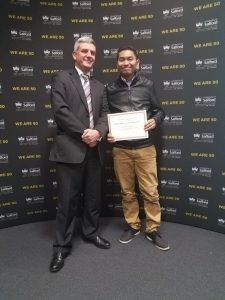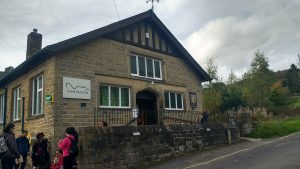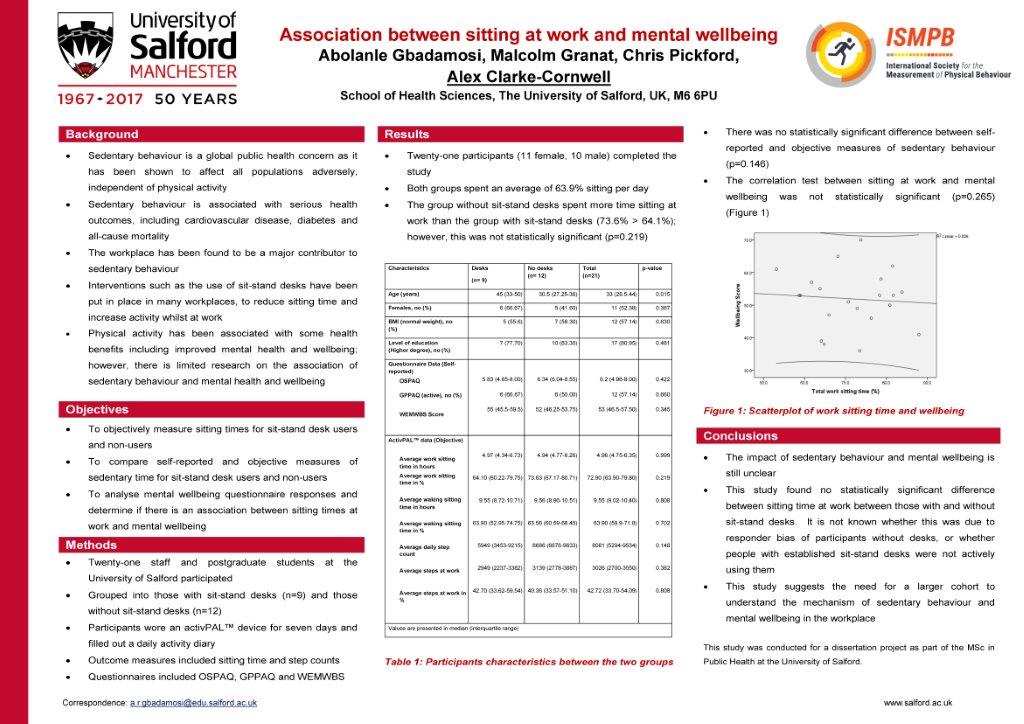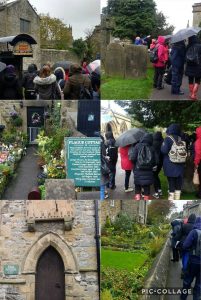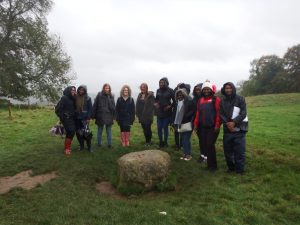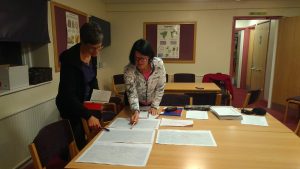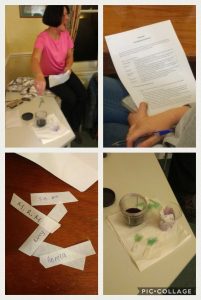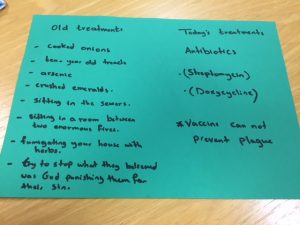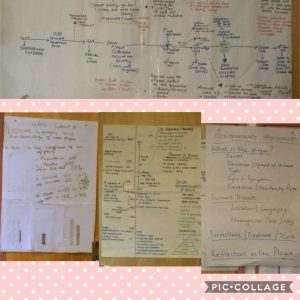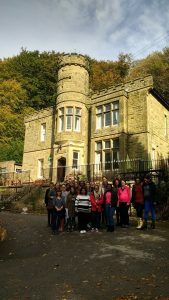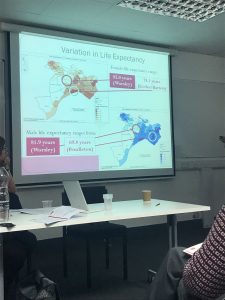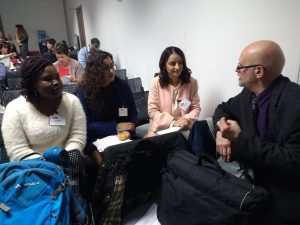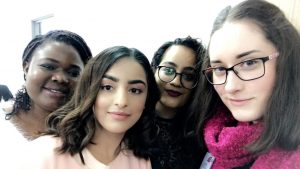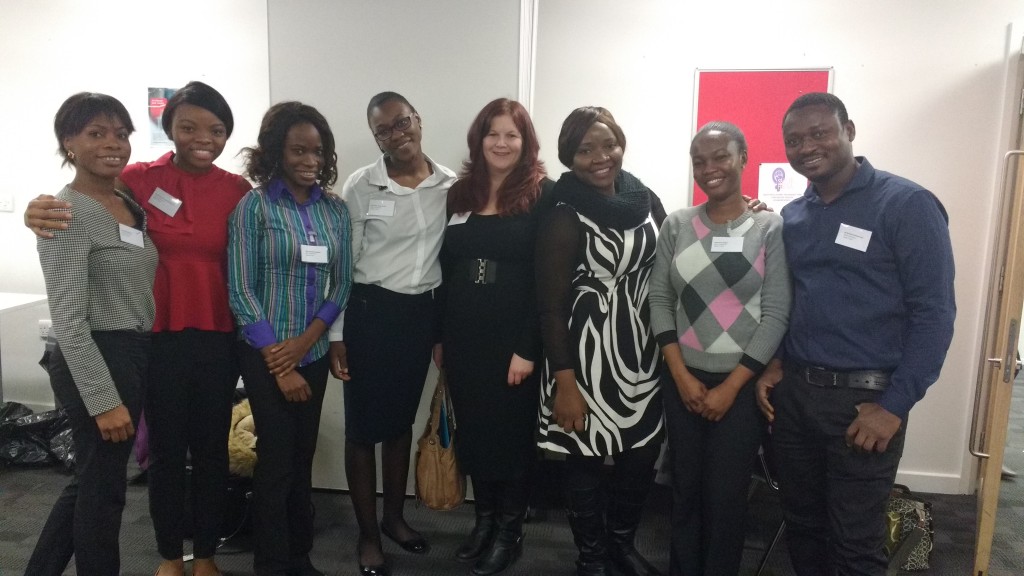This is my first time blogging and I hope that this piece helps others in their journeys when starting their dissertation projects. At first, I had no understanding of how big a task writing a dissertation was and how much it would consume my life! From the research methods module, I knew that I wanted to look into my own research area and I wanted to build upon a piece of work that I had worked on from start to finish, so my dissertation journey started from picking a topic area of interest and it ended with a report being presented to Manchester City Council. A couple of weeks after submitting the report to the council, I got an email from the council informing that my work will be used in an upcoming Council guideline. I will be referenced in their work, which I still to this day can’t believe is happening!
From the start of the dissertation module, I buddied with up a course colleague, David Gilbert, and we set out a task schedule and went over all the tasks that we needed to complete for the dissertation. We had the same supervisor so that made it easier for us to bounce ideas off each other and work together, it was also great having someone who was working at the same pace as me. We had a lot of late nights in the library working on our individual projects, with delirium usually happening around 2 am in the morning. We would find ourselves arguing over who our supervisor’s favorite student was and shouting ‘noooooo more!!’ at our computer screens after receiving our feedback, which meant more work for us to do. (Helpful hint: if working in the library take snacks—we always got the munchies around midnight and that helped to fuel us on through the night and also there are food options that can be delivered to the library!!!.)
Onto the practical side of things, it was important for me to collaborate with one of the city councils, as they would help in providing resources and would also help in refining the topic area being researched. I approached Manchester City Council during the research proposal stage of my work and they offered to assist me in the dissertation project. My initial topic area of interest was shisha/waterpipe smoking in Manchester, however, the council had already completed a lot of work on waterpipe/shisha smoking and asked me to look at a new area that was under-researched. So my dissertation project changed direction, looking at tobacco use and smoking in new migrant communities. The council provided me with the resources to complete the research project, insofar as access to migrant communities that could take part in focus groups.
I jumped into the research side of things and started conducting focus groups with different migrant communities. I had given myself a month to collect data and then planned to analyse the data, however, the council asked for more out of the project, they wanted to look at the project from different points of view, so that they could have a complete overview of tobacco use in Manchester. Interviews with primary care professionals were added to the project. I approached primary care professionals that the council recommended, as well as primary care professionals I knew through my work as an Operating Department Practitioner. I used all the contacts available to me in order to make my research project successful. However, adding another aspect to the dissertation project was the greatest challenge as it meant that the project changed from being one dimensional to being a triangulated research project. This meant analysing data from different perspectives and also meant further ethical approval was needed for the interviews, adding more layers to an already complex project.
In terms of findings from the research, I found that alternative tobacco products were popular in new migrant communities, many migrants were using different tobacco products including shisha/waterpipes, and heated tobacco units. These products were becoming more popular due to the flavours on offer and also their price points. However, the research indicated that cigarettes were still the most prominent form of tobacco being used within new migrant communities, although migrants were finding ways to get cheaper cigarettes, thus were importing cigarettes from their home countries or were buying cheaper/counterfeit cigarettes from certain supermarkets or corner shops.
There were no services specifically for new migrants, and a lack of data collection on new migrants makes it difficult to track their needs. Gaps in the research were presented clearly and I also included recommendations and conclusions in the report, which the council could implement in the future.
Photo by Ander Burdain on Unsplash
So I still can’t believe that this was the outcome of my work, to be referenced in an important guideline for the council that I was collaborating with. Getting the email to say that my work was being used was completely unexpected, but this meant that all the late nights and library visits were totally worth it…
The one thing that I would recommend to future students is to work systematically, plan everything from data collection to data analysis, timetable your plans and make lists. (Lists are super important in detailing everyday details, the guys on my course used to make fun of my list making, but they do work!)
As cliché as it sounds, doing a dissertation is a real journey, and it presents a lot of challenges along the way, but the key is perseverance and hard work. I enjoyed every aspect of it, from the data collection to the analysis to write up. Even if it meant sleepless nights and no social life for a few months, it is totally worth it! Even now, as I’m writing this, I am now thinking I want to do more and work on other research areas.
(As a side note, I also want to publicly thank the lecturers on this course, as without them none what I have achieved would have been possible without them and their input.)
Nisha



